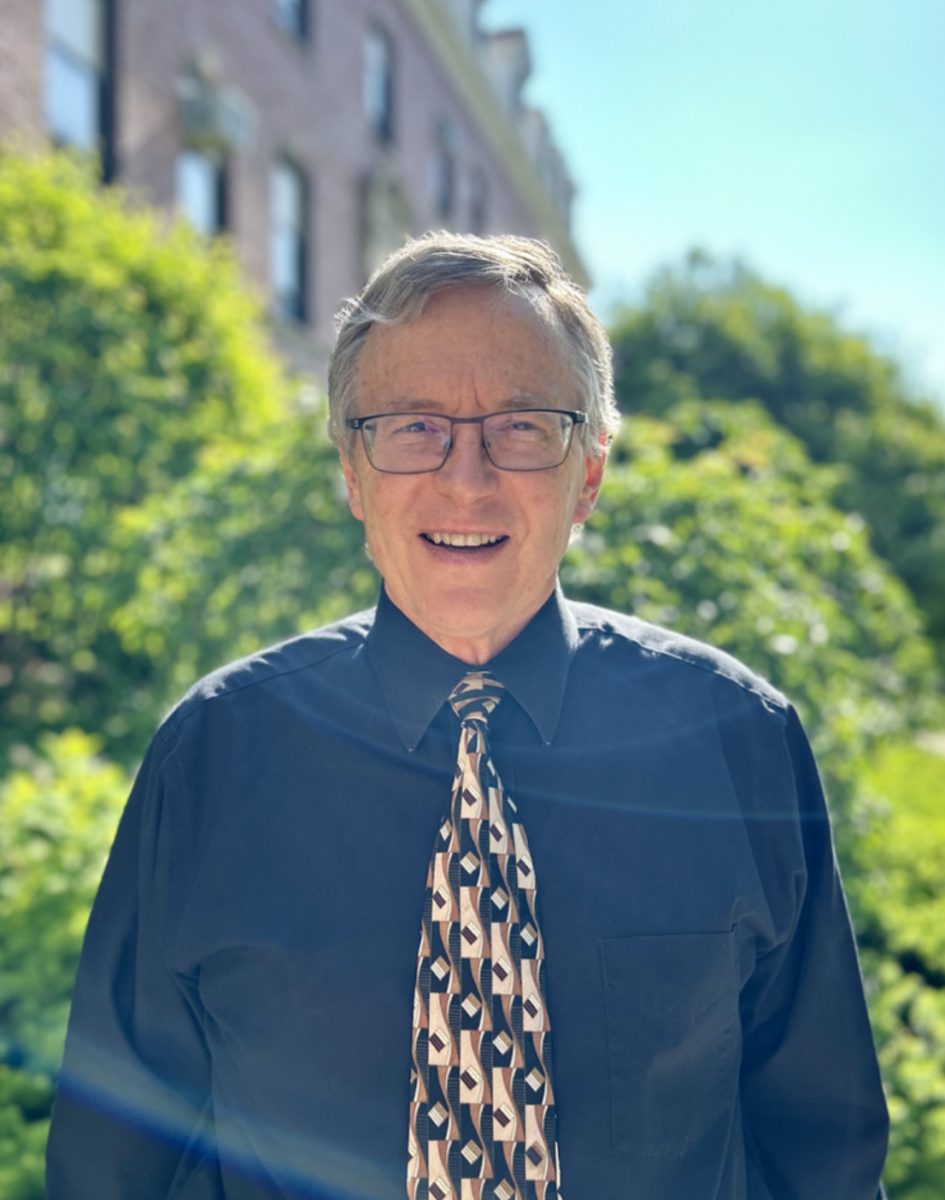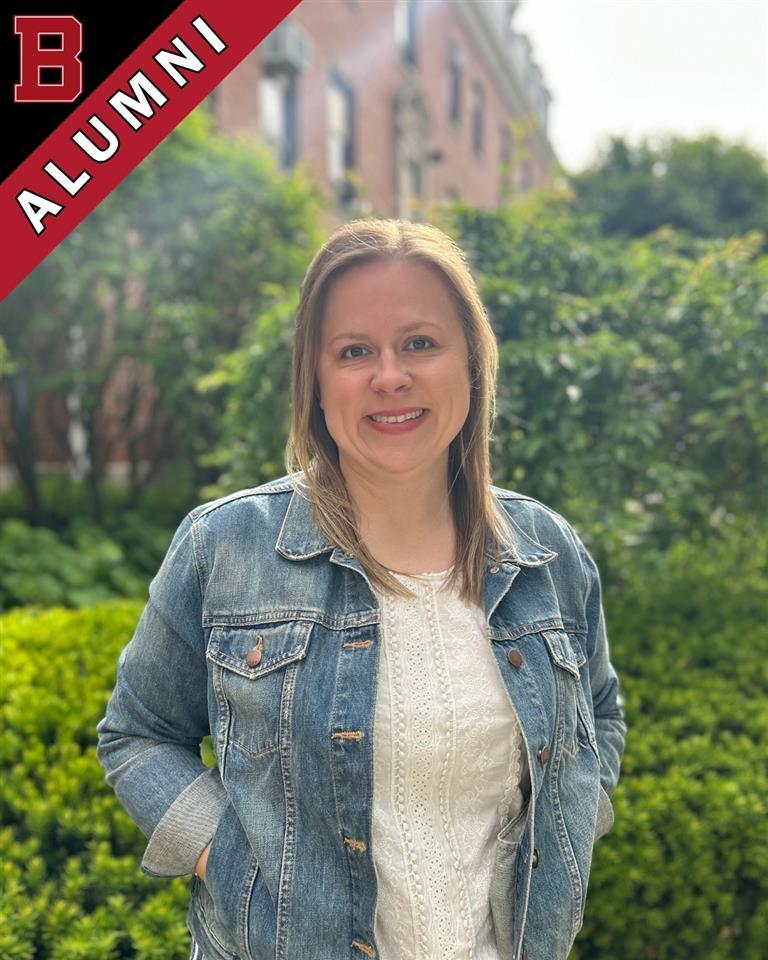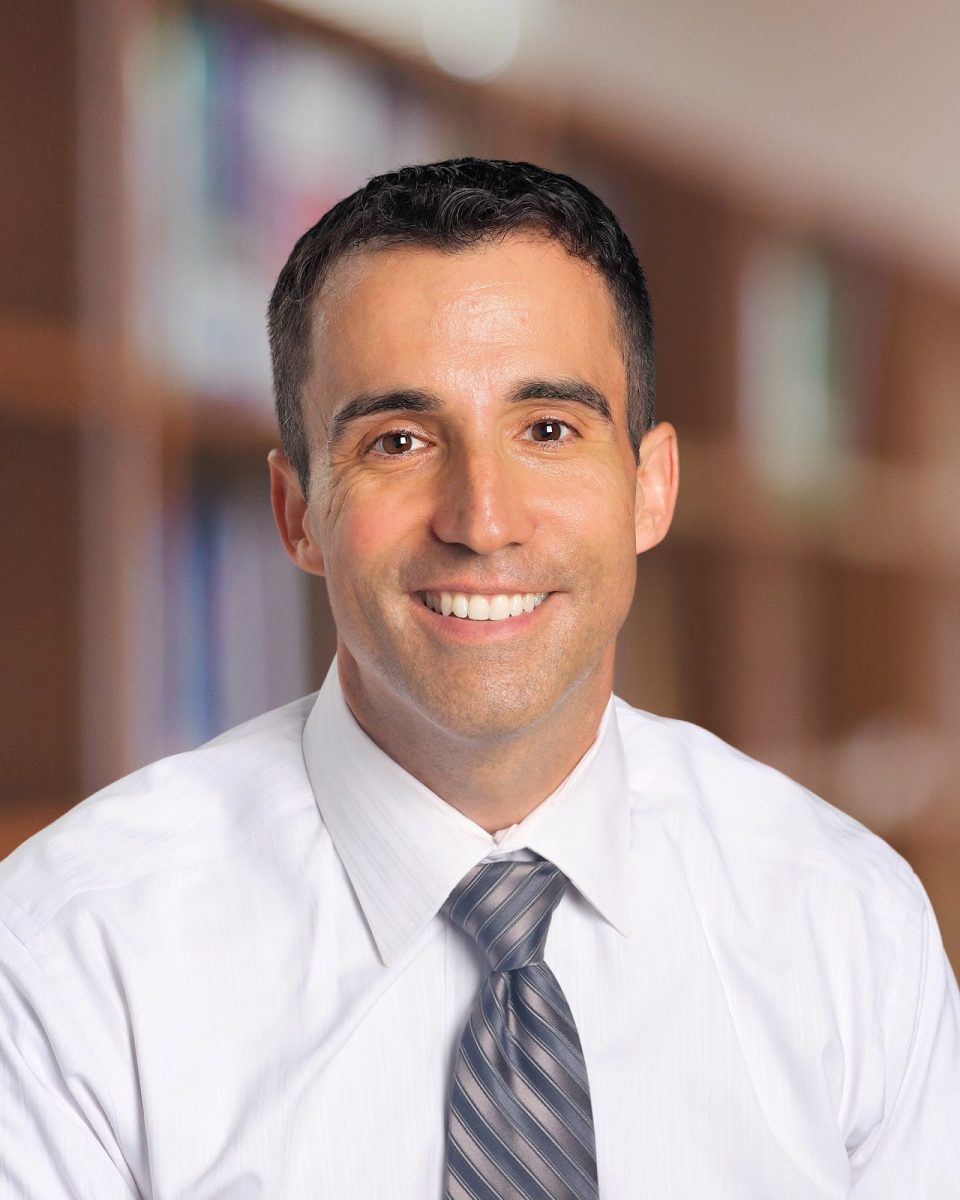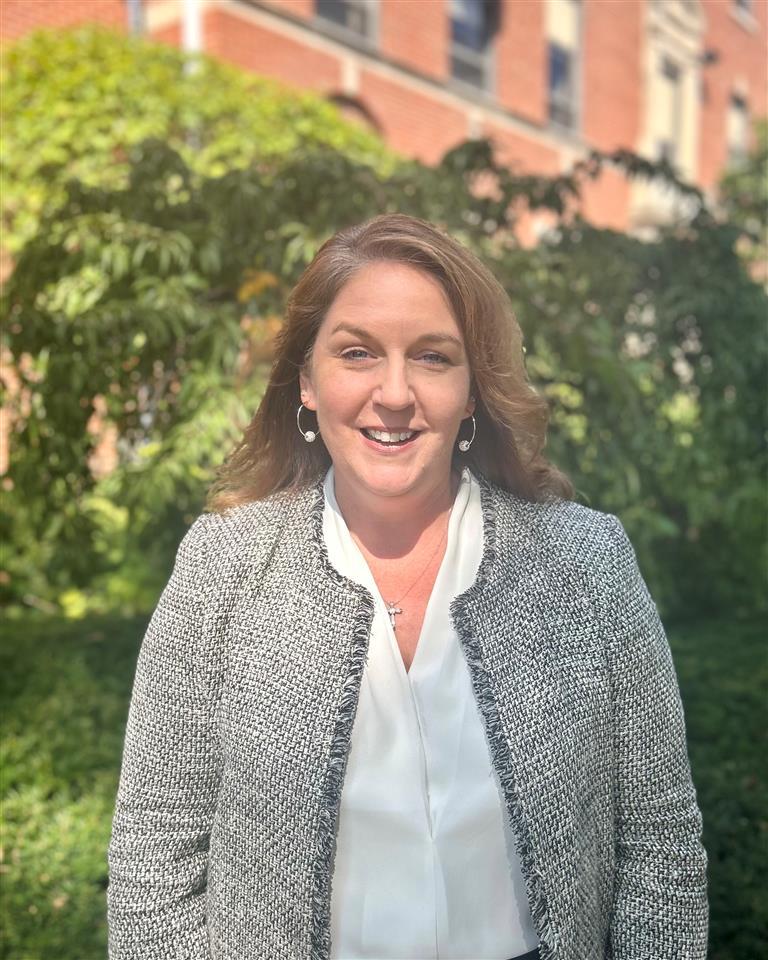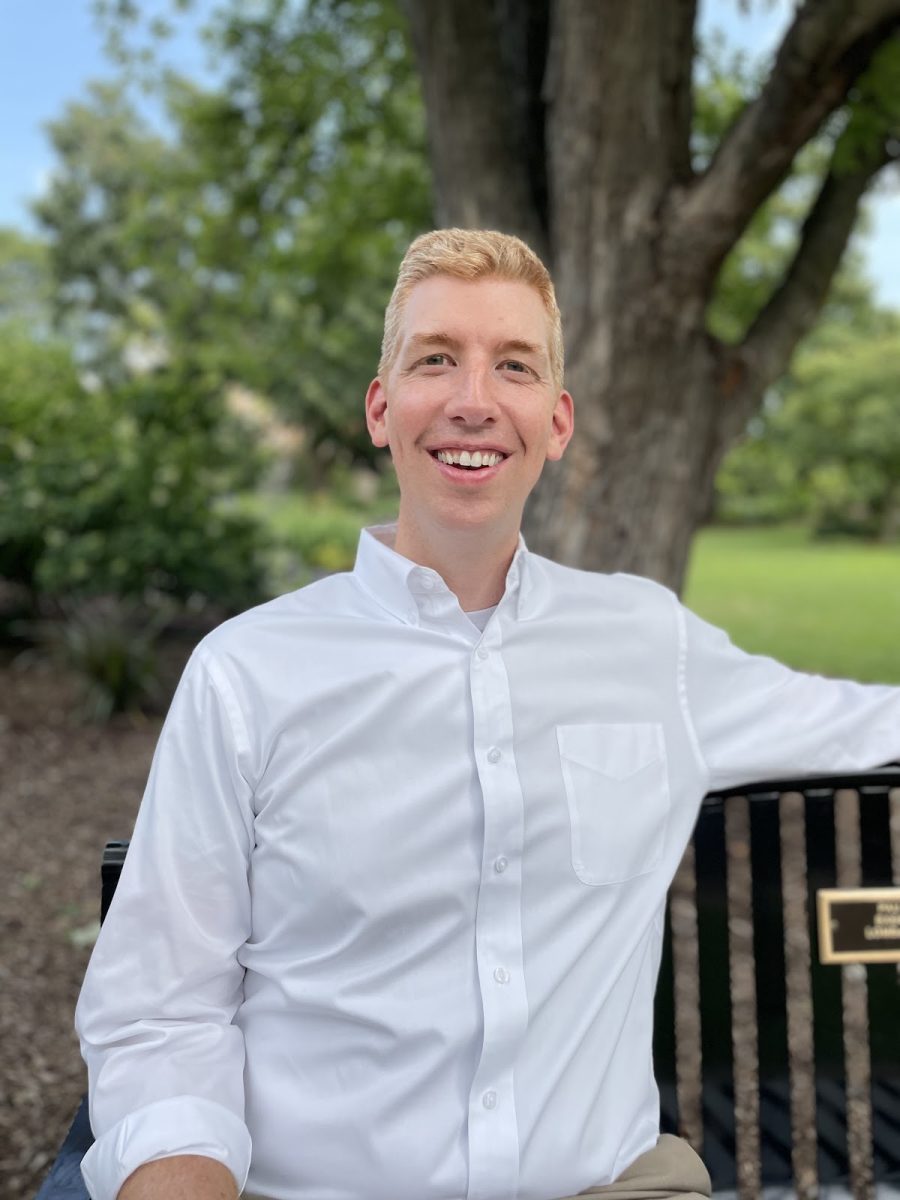A professor of mathematics for forty-five years, Mr. Leszczynski prides himself as one of the longest serving faculty members at Benet Academy. Over the course of his career, he has witnessed the fabric of Benet transform rapidly from the 1980s, but despite Benet’s recent transformations, the student body holds fast to an inalienable set of Catholic values developed since its early roots in 1887. So, too, does Mr. L, who originates from South Bend, Indiana.
From the first grade, Mr. L recognized his aptitude in mathematics when his teacher, Mrs. Umhoffer, emboldened him to leap from simple arithmetic to the multiplication taught in the third grade. By applying the advice he received from his teachers and the diligence he learned from his parents, Mr. L channeled his efforts into his schoolwork to eventually graduate from LaSalle High School in South Bend. During his years in college at Benedictine University, he fostered greater appreciation for his faith through religious retreats and seminars, which he continued to value after he received a Bachelor’s Degree in Mathematics from Benedictine in 1980 and a Master’s Degree in Math and Computer Science from the University of Illinois Chicago in 1990.
After Benedictine, Mr. L applied for a teaching position at Benet Academy for the 1980-81 school year. Meanwhile, he spent his summers at various scientific research facilities in Illinois: Nokia Bell Labs in Naperville, Fermilab in Batavia, and Argonne National Laboratories in Lemont. From developing the modern-day technology at airport security to achieving energy efficiency through molecular superconductity, Mr. L collaborated with renowned scientists across the United States, as he observed how “the ‘theoretical’ can become the ‘practical.’”
From the laboratory, Mr. L transferred the intellectual stimulation he received to his students at Benet Academy. A current professor of Advanced Algebra/Trigonometry and AP Calculus BC, he aspires to extend the hard-earned values of logic, devotion, and creativity to his students every day. As part of his teaching philosophy, he firmly believes that mathematics, as an exact science, demands the full willingness and thoughtfulness of the student in order to achieve self-improvement. Through his pragmatic interactions with students and his fast-paced approach to introduce the material, Mr. L strives to mold his students into improved individuals inside and outside the classroom.
After the ninth period bell rings, Mr. L spends his time coaching golf and basketball at Benet Academy, which he has for twelve and twenty-five years respectively. Through his position as a mentor, he advocates his personal motto of “Champions Adjust.” Whether his student-athletes struggle to reach the basket during the fourth quarter or hit a hole in one at the end of a golf tournament, the growth of his students matters most as they develop lasting life-skills and virtues.
Once he returns home, Mr. L dedicates his free time to reading articles on current events, caring for his daughter’s dog, and cheering for the Chicago Bears and Indiana Hoosiers. Without any assessments to grade or competitions to coach, he often plays basketball with his friends from college or pursues his own DIY projects at home.
Over the course of his forty-five-year-long career at Benet Academy, Mr. L witnessed the rise of the modern commercial computer, the worldwide web, and artificial intelligence. On the impact of technology on the subject of mathematics, he questions whether the user is conscientious of the process rather than solely the output. However, with the necessary diligence to succeed, he firmly believes that humanity has the capacity to improve the future. Recalling a quote from English mathematician and biologist Thomas Huxley, Mr. L provides guidance for a new generation of students:
“Perhaps the most valuable result of all education is the ability to make yourself do the thing you have to do, when it ought to be done, whether you like it or not. It is the first lesson that ought to be learned and however early a man’s training begins, it is probably the last lesson that he learns thoroughly.”



